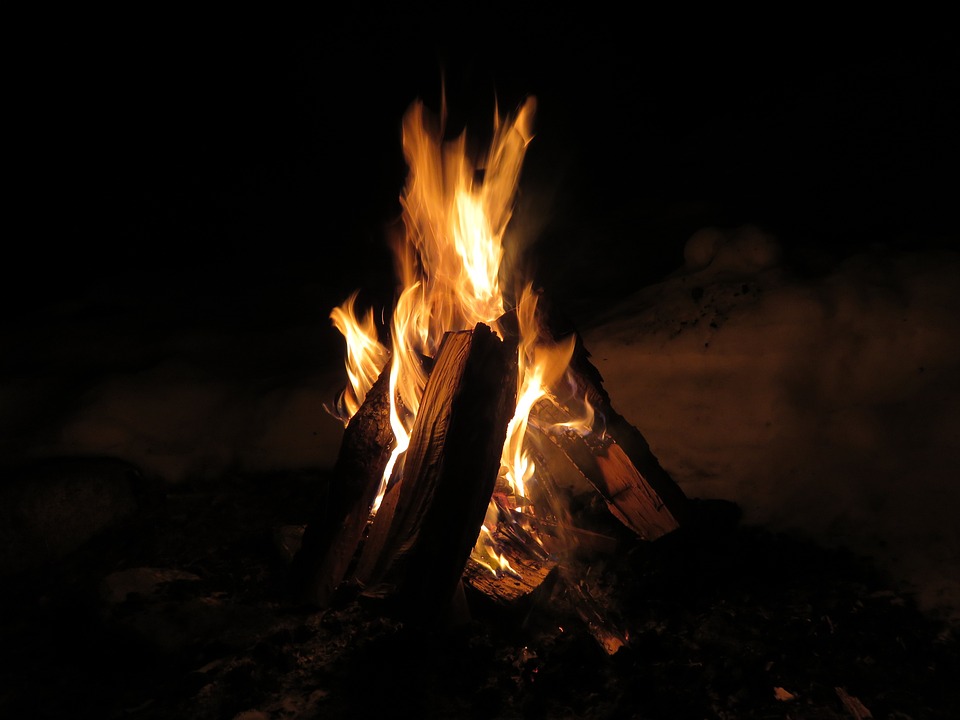Off-the-grid camping offers a unique opportunity to disconnect from the modern world and embrace the beauty of nature in its purest form. Remote, untouched landscapes are the playground for those seeking adventure and a break from the hustle and bustle of everyday life.
Off-the-grid camping refers to venturing into areas that have little to no modern infrastructure or amenities. It involves finding shelter, cooking food, and even sourcing water and electricity without relying on the conveniences of the grid. It allows you to experience self-sufficiency, challenge your survival skills, and reconnect with nature on a deeper level.
Off-the-grid camping attracts adventurous souls who crave solitude, authenticity, and the opportunity to explore untouched landscapes. The appeal lies in the freedom to choose your own path, away from crowded campgrounds and established trails. It offers a chance to discover hidden treasures, observe wildlife in its natural habitat, and embrace the simplicity and tranquility of nature.
Before embarking on an off-the-grid camping adventure, proper planning is essential to ensure a safe and enjoyable experience. Here are some key considerations:
a. Research and Choose the Right Location
Research various remote destinations and choose one that suits your preferences and skill level. Consider factors such as accessibility, weather conditions, available resources, and any necessary permits or licenses.
b. Prepare Adequate Supplies and Equipment
Off-the-grid camping requires careful consideration of essential supplies and equipment. Make a checklist and ensure you have enough food, water, fuel, camping gear, first aid kits, navigation tools, and emergency devices. Pack lightweight and functional items to minimize the load on your back.
c. Learn and Practice Outdoor Skills
Familiarize yourself with basic outdoor skills such as setting up a tent, starting a fire, purifying water, and navigating using maps and compasses. Practice these skills in a controlled environment before your trip to build confidence and ensure you can handle unexpected situations.
Once you’ve arrived at your off-the-grid camping destination, it’s time to fully immerse yourself in the experience. Here are some tips to enhance your adventure:
a. Disconnect and Be Present
Turn off your electronic devices and fully embrace the simplicity of nature. Be present in the moment, appreciating the beauty around you and finding joy in the little things. Use this time to disconnect from the digital world and reconnect with yourself and the environment.
b. Leave No Trace
Respect the pristine nature of your surroundings by leaving no trace behind. Minimize your impact by following the principles of Leave No Trace camping, which include disposing of waste properly, avoiding damage to flora and fauna, and leaving natural objects undisturbed.
c. Explore Your Surroundings
Make the most of your off-the-grid camping experience by exploring the surrounding wilderness. Go on hiking or biking trails, discover hidden waterfalls or caves, and observe wildlife from a distance. Allow yourself to be curious and let the serendipity of nature guide your adventure.
Frequently Asked Questions
1. Is off-the-grid camping safe?
Off-the-grid camping can be safe if you adequately prepare and follow essential safety guidelines. Research your destination, inform someone about your plans, carry emergency equipment, and be aware of potential hazards. Adhering to proper camping etiquette and wilderness protocols enhances safety for yourself and the environment.
2. What are the risks of off-the-grid camping?
The risks of off-the-grid camping include getting lost, encountering dangerous wildlife, extreme weather conditions, limited access to medical facilities, and unreliable communication. Understanding and preparing for these risks is crucial. Always have a backup plan, inform yourself of potential dangers, and learn basic wilderness survival skills.
3. Can I go off-the-grid camping alone?
While off-the-grid camping alone can be an incredibly rewarding experience, it requires advanced outdoor skills and experience. If you’re a beginner, it’s advisable to start with a group or a knowledgeable guide to learn the ropes. Solo camping should be attempted once you have gained adequate knowledge, skills, and confidence.
4. How do I find off-the-grid camping locations?
Researching off-the-grid camping locations can be done through various sources. Online forums, outdoor magazines, books, and word of mouth are great resources to discover remote and untouched landscapes. Be sure to cross-reference multiple sources and gather information about accessibility, regulations, and any potential restrictions for the area.
5. What are some essential skills for off-the-grid camping?
Some essential skills for off-the-grid camping include fire starting, navigation, plant identification, first aid, water purification, basic construction, and outdoor cooking. Learning these skills prepares you for unexpected situations and increases self-sufficiency in the wilderness.





